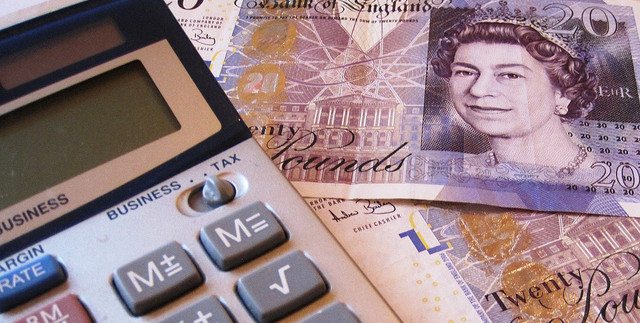Outstanding graduate debt to reach £330 billion by 2044
A critical report has revealed that according to government estimates the total outstanding graduate debt in the student loans system is expected to increase from £46 billion in 2013 to approximately £330 billion by 2044.
The student loan-book could therefore become a macro-economic consideration within a generation.
According to the Times Higher Education, the cross-party Business Innovation and Skills (BIS) committee stated: “We are concerned that the government is rapidly reaching a tipping point for the financial viability of the student loans system.”
The report from the National Audit Office (NAO) looks at how the BIS calculates its estimates of the resource and counting budget (RAB) charge, the portion of the loan outlay that will never be repaid by graduates. The RAB charge has steadily risen from an initial 29 percent to 45 percent.
The NAO criticised the government for ignoring recommendations of improvements to their methodology from independent forecasters.
Research from Blackbullion, the financial education company, reveals that some students head to university already in debt. In addition, some students make potentially risky decisions with their money at university.
Nearly half of the students taking part in the survey blamed their lack of money for the reason why they run out and a third blamed unexpected expenses.
89 percent of students who completed the Blackbullion Online survey feel more confident about their financial future. 75 percent are more likely to budget and 57 percent are less likely to run out of money before the end of the month.
Blackbullion advises students who are struggling financially to draw a line under their debt and to act immediately so that they will not accumulate anymore.
Abigail Day, a first-year English Literature and Creative writing student said: “I think that it is great that the repayments are proportional to how much you earn after university but there is a real problem with parents who cannot or will not support their child financially.
“Because if they do not declare their income the child gets a minimal loan which often does not cover accommodation let alone living expenses such as food.”

Comments